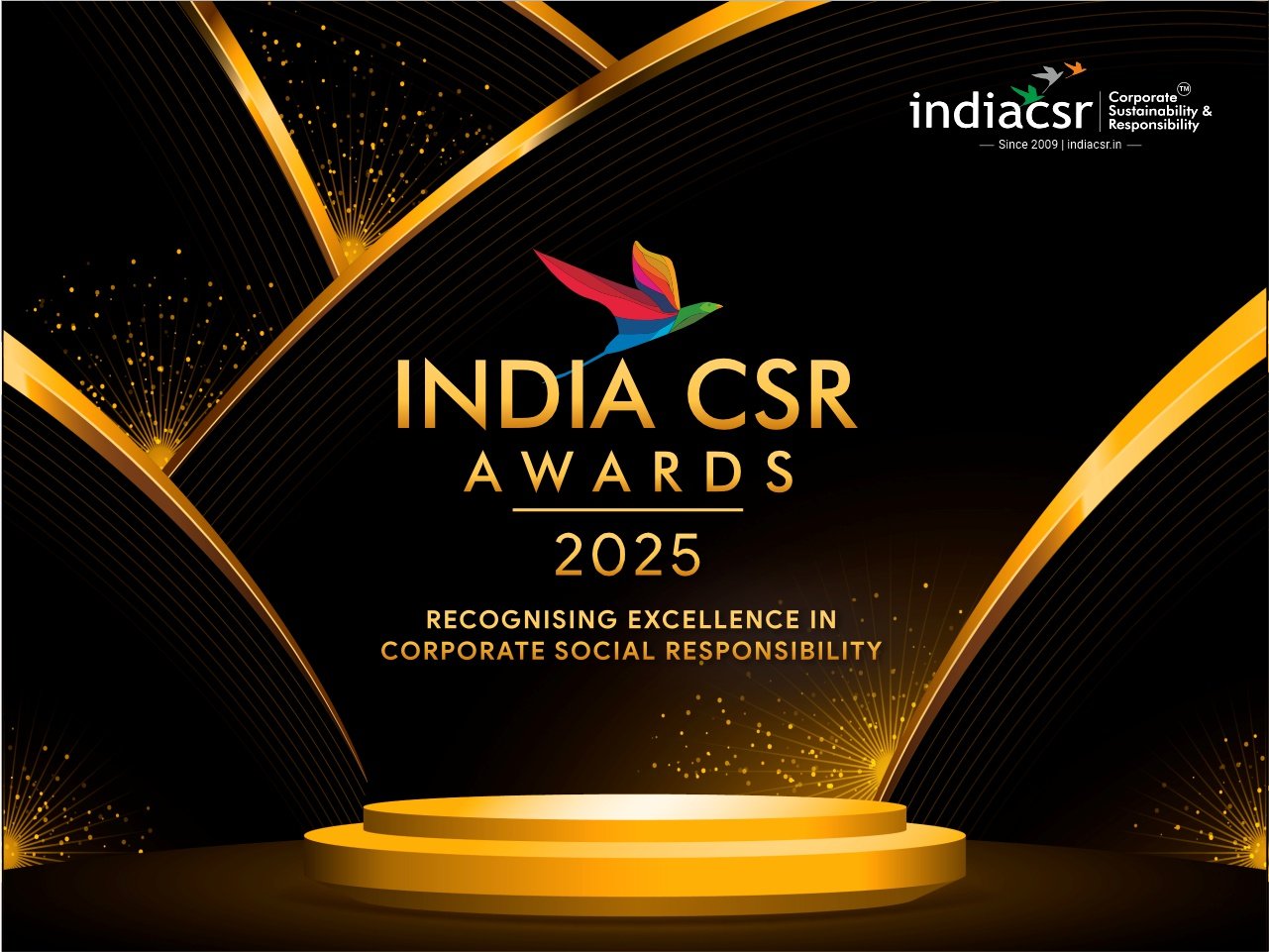MUMBAI: Trees in your company campus, jobs for people with disabilities and fuel-efficient office cars may be good for the society and the environment. Continue the good work, but none of that counts as corporate social responsibility (CSR) under the law.
With the first full fiscal year in which companies must report CSR compliance drawing to a close, there is still widespread confusion about what exactly counts as CSR. Not surprisingly, institutions with expertise on the matter such as Samhita Social Ventures and Centre for Advancement of Philanthropy (CAP) are receiving inquiries.
The 2013 companies law directs firms to spend at least 2% of their average three-year net profit on CSR activities every year. Noshir Dadrawala, chief executive officer (CEO) of CAP, which provides advisory services to companies on CSR compliance, points to the part of law that says “CSR activities should exclude activities undertaken in normal course of business” According to Dadrawala, the statement means you cannot take up an activity that profits your business directly, and name it CSR.
This does not mean that you cannot use CSR to garner goodwill. For instance, Maruti Suzuki India Ltd, as part of its CSR, partners Industrial Training Institutes (ITIs) to train skilled workers, some of whom it hires. Others like Hindustan Unilever Ltd use their brands to drive CSR. The consumer goods company that sells Lifebuoy soaps and handwash conducts hand-washing awareness programmes in schools to drive behavior change.
However, according to Priya Naik, founder of Samhita, the onus is on the company to explain and ensure this work does not project its brands or use CSR as a marketing avenue. For some companies that traditionally did work they felt benefited the larger society, things have changed. “We have been doing CSR a certain way, based on our philosophy for all these years.
While we have a legal obligation to fulfil, we still have many questions unanswered about how to use the various resources (like employees’ time) under CSR” says Sonali De Sarkar, member of CSR committee and human resources director at NetApp, a data storage solutions company. According to Dadrawala, companies are keen to know if donating their products is CSR. After a court direction, the government amended the Act in March 2014 to specifically treat medicine donations by drug makers for poor patients as CSR.
Software lobby group Nasscom has demanded that donations of software and refurbished computers among others should be considered as CSR, says Shrikant Sinha, CEO of Nasscom Foundation, the social arm of the group. “Companies can use their products, if it is part of their larger CSR project, but it should not be distributed as freebies.
It must have an altruistic motive and not end up in making profits for the company” says Bhaskar Chatterjee, director general and CEO of the Indian Institute of Corporate Affairs (IICA), a Delhi-based government think tank for regulation and reform. Many companies have traditionally treated their employees spending time on volunteer work as CSR.
The law says the equivalent of the employee’s salary would be counted as part of CSR spending, but only up to 5% of a company’s CSR budget. “Our employees spend at least 65,000 hours contributing to causes they prefer, and this has been our philosophy. The law currently has a one-size-fits-all approach, and does not account for companies that have been doing things differently” says Sonali Sarkar of NetApp.
Srikant Sinha of Nasscom Foundation says IT firms have had such programmes for a long time, but now there is ambiguity on how to account for such work. There is little tax incentive to promote CSR, though. The government is not in favour of tax benefits for CSR expenditure because that is akin to subsidizing. Yet, contribution to the Prime Minister’s relief fund receives 100% tax rebate, and contribution to registered charities, foundations, etc., gets 50% rebate.
“There is no tax benefit for companies actually undertaking CSR activities internally, which is unfair” says Lalit Kumar, partner at JSA Advocates and Solicitors. According to him, either no tax benefit should be provided or all activities should receive tax benefits. What about working with social enterprises? Many for-profit social enterprises have shown that catering to the bottom of the pyramid can be good business. However, the law says a company can undertake its CSR activities only through a registered trust, a registered society or a non-profit (section 8) firm.
“If a company intends to conduct CSR activities on its own or through its foundation, it is the primary implementation agency and can directly undertake its own programmes to impact targeted beneficiaries. In such a situation, a company is free to use social enterprises as vendors to facilitate implementation of its programmes” says Priya Naik of Samhita. Bhasker Iyer, divisional vice-president of Abbott India Ltd, says non-governmental organizations (NGOs) and social enterprises bring together different and complementary capabilities to advance effective CSR programmes.
For its sanitation initiative in Gujarat, Abbott is working with an NGO that will identify social enterprises that can be sub-contracted for some aspects of implementation. However, Bhaskar Chatterjee of IICA says a social enterprise cannot be a direct recipient of money from a corporate as it is a profit-making entity. “The law does not permit it as yet” he says.
Sanjoy Sen, doctoral researcher at Aston Business School, UK, and formerly a senior director at Deloitte India, says most companies see CSR as an auditing exercise and not a strategic move. “And that is the reason that the discussions are around what counts as CSR and what benefit companies get, etc.I believe that post-2014, companies should see this as a strategic opportunity to enhance organizational and shareholder value,” says Sen
Hopes are high that the government’s move to set up a high-level panel in February to assess CSR activities done by companies will bring about more clarity. However, if compliance is on your mind, the clock is ticking. Moyna in New Delhi contributed to this story.
(Article Contributed By Moyna First appeared in The Mint. We are Sharing the Same )






















